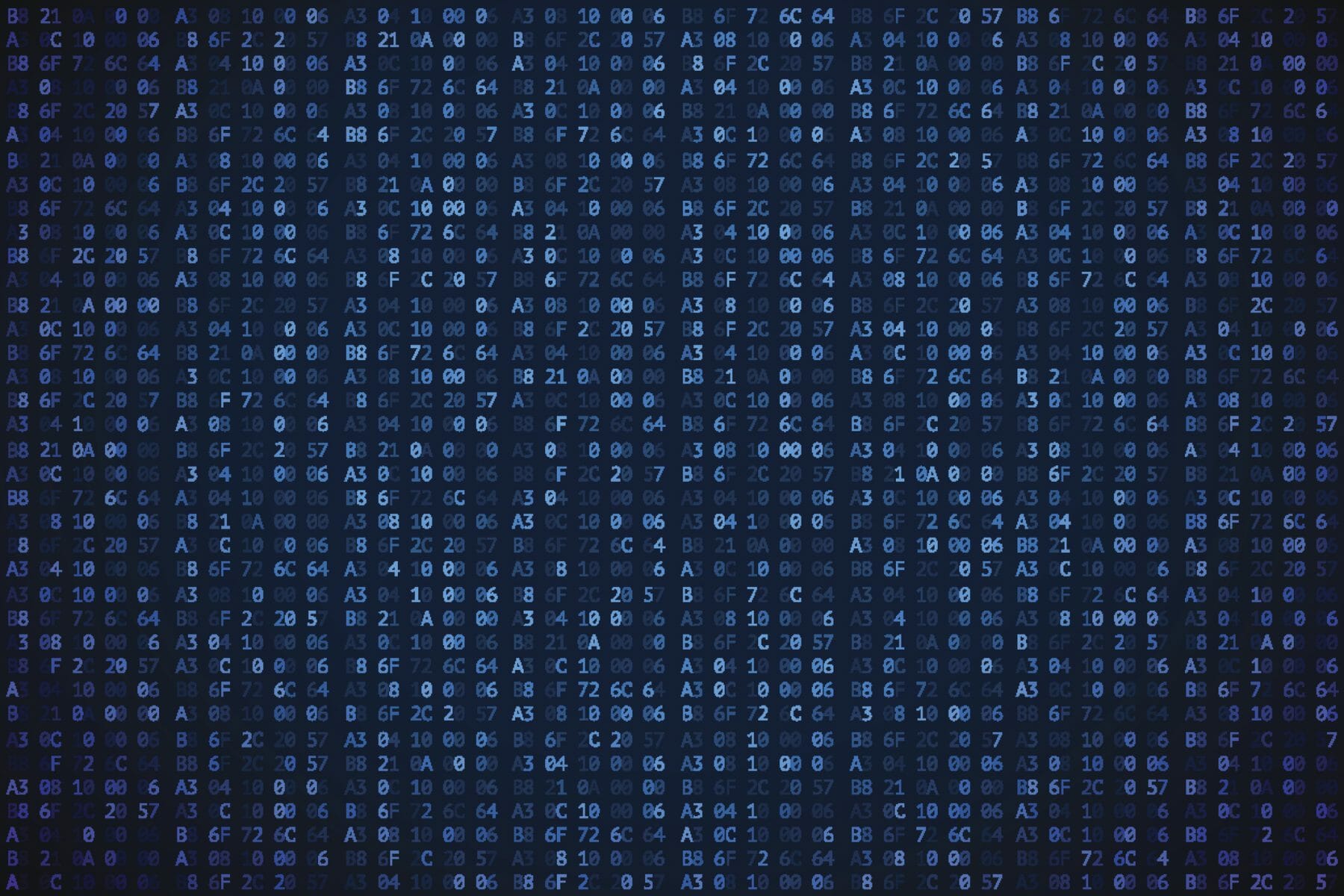
Big data is rapidly transforming K-12 education and higher education, but not without a certain degree of resistance and skepticism. After all, for most educators the idea of running a school, college or university like Airbnb approaches accommodation is a proposal that appears to favor the bottomline over student learning outcomes, but what if data can simply be harnessed to make educators even more effective?
In a recent Medium post three data scientists at Airbnb, Jeff Feng, Elana Grewal and Erin Coffman, emphasize, “Data is essential to us at Airbnb. We characterize data as the voice of our users at scale.” They further explains, “Thus, data science plays the role of an interpreter — we use data and statistics to understand our users and translate it to a voice that people or machines can understand. We leverage these quantitative insights, paired together with qualitative insights (e.g. in-person user research) to make the best possible decisions for both the business and our community of hosts and guests.” So, what if educational institutions embraced a similar philosophy and approached data and data science not as a replacement for human decision making but simply as another participant in the decision-making process?
Admissions, Accessibility and Big Data
To some extent, machines already shape the admissions decision-making process, especially in higher education. For obvious reasons, it is useful to let machines do an initial cull of applicants (e.g., by eliminating applicants who have not met certain benchmarks, such as a specific GPA). But what if college’s left even more decision making up to machines? A key problem with enabling machines to make admission decisions is that big data is ultimately about patterns and predictions. This means that students who share characteristics with students who have historically excelled in higher ed will be more likely to be selected as top applicants than those who share characteristics with those who have historically failed to succeed. While big data also holds potential to look for notable exceptions (e.g., students with low incoming GPAs are most often graduate with honors), there is a legitimate reason to fear that data-based admission decisions may simply reproduce existing educational inequities.
Student Assessment
 A 2016 study published by Educause praises big data’s potential to transform educational assessment in the 21st century. As the Educause study concludes, for the first time, “Researchers can collect fine-grained data about the actions of an individual student. This data can provide specifics about learning trajectories from both correct and incorrect answers and about the actions taken to get there.” For example, we can now analyze how many times a student flips between pages of a problem set or looks up equations in a textbook, and “We can then investigate which of these variables contain data that can act as proxies for expertise.” While this may sound appealing, is it necessarily helpful?
A 2016 study published by Educause praises big data’s potential to transform educational assessment in the 21st century. As the Educause study concludes, for the first time, “Researchers can collect fine-grained data about the actions of an individual student. This data can provide specifics about learning trajectories from both correct and incorrect answers and about the actions taken to get there.” For example, we can now analyze how many times a student flips between pages of a problem set or looks up equations in a textbook, and “We can then investigate which of these variables contain data that can act as proxies for expertise.” While this may sound appealing, is it necessarily helpful?
By and large, access to such data is a good thing. As the Educause study concludes, emerging data on how students learn “discourages lazy generalizations and false equivalences.” But something is also at risk. While big data may open up the possibility for new types of assessment, it also raises new challenges, including legitimate concerns about student privacy. But what if data about student study habits is used in more intrusive ways? While this has not yet happened, in the future, it is certainly theoretically possible that a student who consistently demonstrates low level of engagement (notably, on most learning management systems, one can already easily track which students visit their course pages, engage with readings, and for how long) could be tagged as a risk and have their merit-based scholarships taken away. Although there is no reason to believe this will happen, the potential for data to be used in such a matter is something that can’t be ignored.
Balancing Smart Decision Making with Student and Faculty Rights
As the Educause study concludes, “The breadth and depth of the data now available has the potential to fundamentally improve learning…We now have the equivalent of the microscope and the telescope for understanding teaching and learning in powerful ways.” But as the history of technology suggests, few new technological developments are exclusively used in ways that match developers’ original intentions. As K-12 and higher education continues to embrace big data to make decisions, they will also need to have a line of sight on ethical considerations. The bottom line is that students and educators simply have much more at stake than hosts and guests when it comes to big data.









No Comments